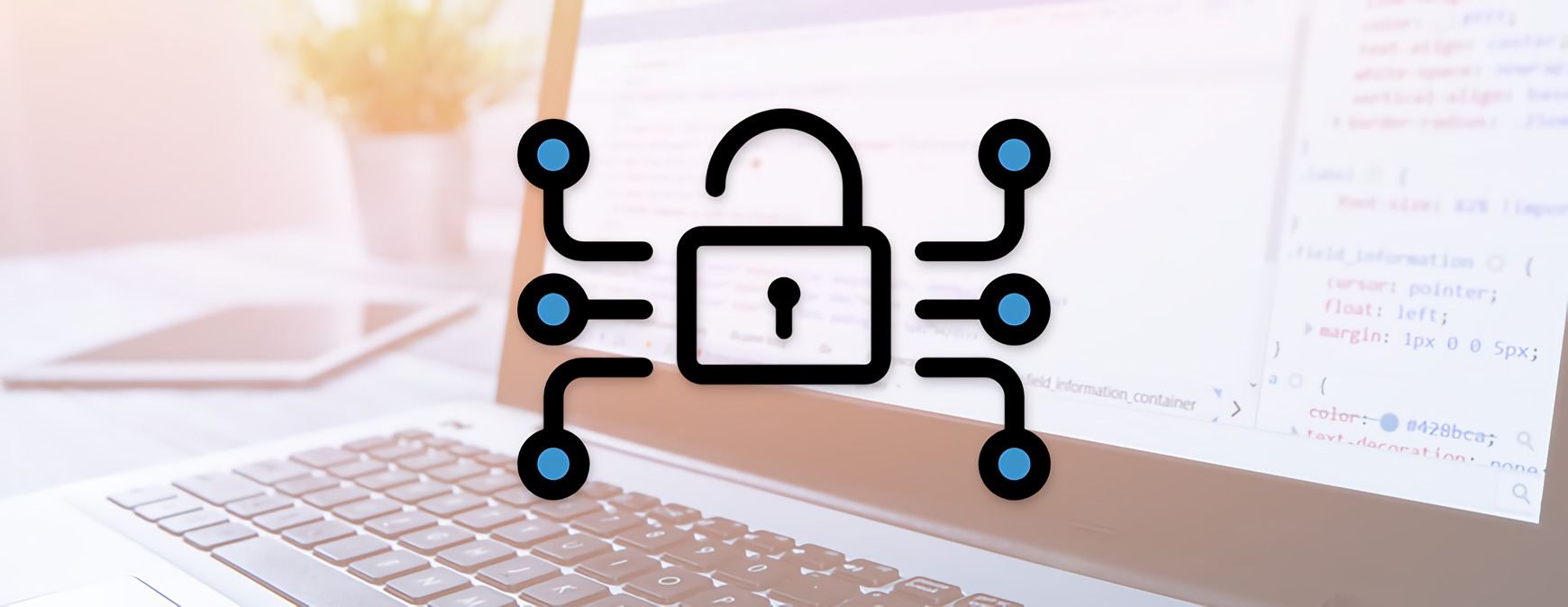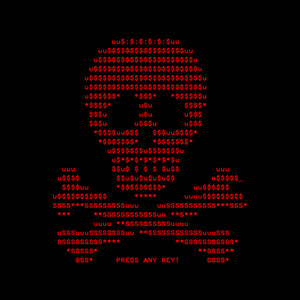
Our daily lives are becoming increasingly digitized including HVAC systems. Yet, smart HVAC technology can pose security risks. A few years ago, Target’s HVAC system allowed hackers to breach into the company’s network and steal the data of 40 million credit and debit cards. 1 Recently, small businesses have targeted by hackers hunting for valuable data as they don’t have the cybersecurity budgets of large companies. 2
A Rise in Cyber Attacks on HVAC Systems
Attacks on building control products and systems are becoming more and more frequent. The government recently issued a new security directive demanding contractors working with them to protect their cyber data or lose their contracts. 3 Hackers increasingly target critical infrastructure like government agencies, hospitals, or power stations. For example, smart HVAC control systems can provide a data breach opportunity for state-sponsored cyber warfare, such as the Stuxnet computer virus that infected industrial systems around the globe in 2010 to an unprecedented extent. 4 Given how high the stakes are, it is no surprise that the federal government requires contractors, including HVAC businesses, to beef up their security.
Get Started on the Path to a New Career
Fill out our form to learn how we can help you change your life.
What Can HVAC Contractors Do To Improve Security?

Security experts implore HVAC businesses to make security an essential part of the organizational and building structure. Risks at all levels of the building, designing and deployment stages have to be addressed. Furthermore, they recommend that contractors dedicate a substantial part of their budget to security. Cybersecurity training can help HVAC professionals—from a recent HVAC program graduate to a seasoned industry veteran—improve their business’ security practices. 5 Alternatively, they may want to consider working with a cybersecurity firm. In any case, if those involved in outfitting a structure with a smart HVAC system fail to take cybersecurity risks into account, they may end up exposing assets, occupants, and the public to substantial danger.
As the “Internet of Things” is becoming a progressively vital part of HVAC, contractors ought to consider any potential cybersecurity vulnerabilities. Heightened awareness and cooperation among HVAC professionals and cybersecurity experts are important to ensure important information is not breached.
Additional Sources
1 – http://www.computerworld.com/article/2487452/cybercrime-hacking/target-attack-shows-danger-of-remotely-accessible-hvac-systems.html
2 – https://www.cnbc.com/2016/06/27/warning-a-wave-of-new-viruses-is-targeting-small-businesses.html
3 – http://www.govtech.com/policy/Federal-Cybersecurity-Directive-Looms-Over-Contractors.html
4 – http://www.engineering.com/BIM/ArticleID/15476/Protecting-Smart-Buildings-from-Cyber-Attacks.aspx
5 – http://www.contractingbusiness.com/commercial-hvac/cyber-security-hvac-building-controls-industry
This blog has been labeled as archived as it may no longer contain the most up-to-date data. For a list of all current blog posts, please visit our blog homepage at https://www.rsi.edu/blog/

